Corporate media manipulation in 2024 election exposed
- Update Time : Friday, October 18, 2024
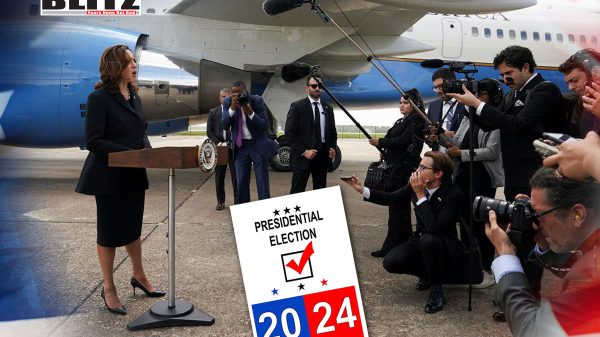
Four years ago, during the heat of the 2020 US presidential election, a bombshell story about the Biden family’s alleged international pay-for-play scandal surfaced. The New York Post reported on a laptop, abandoned by Hunter Biden, containing emails and evidence linking the Biden family to questionable business dealings in Ukraine and China. Despite the explosive nature of this story, much of the corporate press made a concerted effort to suppress or discredit it, casting it as misinformation. The New York Post’s findings, which had the potential to alter the course of the election, were either ignored or downplayed by major media outlets, particularly during the critical weeks leading up to the election.
This incident was more than a momentary lapse in journalistic standards; it was a clear indication of the partisan role that many media organizations had taken on in American politics. By framing the Hunter Biden laptop story as unworthy of coverage or suggesting that it was part of a Russian disinformation campaign, media outlets effectively shielded then-candidate Joe Biden from scrutiny. Polling conducted after the election revealed that 1 in 6 Biden voters said they might have changed their vote had they been fully informed of the story, underscoring the profound impact of this media blackout.
The manipulation and bias displayed in 2020 were not isolated incidents. In fact, they were part of a broader trend that began during the Trump presidency, where mainstream media outlets consistently attacked Donald Trump while giving his opponents-first Hillary Clinton, and then Joe Biden-a pass. From the infamous Russia collusion hoax to unsubstantiated rumors about Trump’s character, the press repeatedly peddled falsehoods and speculative reporting that undermined Trump’s presidency and his reelection campaign.
The media’s selective coverage didn’t stop after the election. As President Biden’s administration faced growing criticism, particularly over his handling of the economy, inflation, and foreign policy, the media continued to protect him, though cracks began to appear. The press’s about-face this past summer-when media narratives began to turn against Biden, acknowledging his failings-was a clear indication that they no longer saw him as an effective means to secure Democratic victories.
Perhaps the most glaring example of media interference in this election cycle involves Biden’s vice president, Kamala Harris. In recent months, the corporate press has gone from criticizing Harris, calling her the least popular vice president in modern history, to reshaping her public image as a “joyful” and competent candidate after she became the Democratic presidential nominee. On July 21, Harris officially replaced Biden as the nominee, and almost overnight, the tone of media coverage shifted. Articles that once scrutinized her role in the administration and questioned her leadership abilities transformed into puff pieces promoting her historical candidacy.
This “reintroduction” of Kamala Harris has been carefully crafted by newsrooms to sell the public a narrative of a fresh, capable leader. Gone were the headlines that questioned her fitness for office. Instead, voters were inundated with stories about how Harris could make history as the first female president. The press that had once openly discussed how unpopular Harris was and whether Biden should replace her on the 2024 ticket conveniently forgot their previous criticism.
But the manipulation didn’t stop with Harris’s rise to the top of the Democratic ticket. Just last week, CBS News was caught deceptively editing footage from a 60 Minutes interview with Harris, replacing one of her nonsensical answers with a different response that made her appear more competent. The original response, which had been widely ridiculed when the preview aired, mysteriously vanished from both the full interview and the transcript released by CBS. Despite calls for the network to release the undoctored transcript, they have refused, leaving questions about the extent of the media’s role in shaping public perception of Harris.
The press’s interference in the 2024 election has not been limited to hiding Biden’s or Harris’s weaknesses. At the same time, media outlets have continued their unrelenting attacks on Donald Trump, often resorting to questionable tactics. In the singular presidential debate between Trump and Harris, ABC News moderators David Muir and Linsey Davis spent more time fact-checking Trump than they did asking Harris challenging questions. The debate was framed as a constant barrage of “fact-checks” aimed at undermining Trump while Harris was allowed to dodge critical questions without scrutiny.
Similar treatment was afforded to Vice President Tim Walz during the vice-presidential debate against Republican JD Vance. CBS News had promised not to “fact-check” the candidates, yet they quickly broke that promise, incorrectly challenging one of Vance’s responses. The double standard on display during these debates highlights the media’s role not as neutral observers, but as active participants in the election process, tipping the scales in favor of the Democratic candidates.
The media’s protection of Harris goes beyond her public persona. When her role as the administration’s “border czar” came under fire due to the massive increase in illegal immigration under Biden, the press quickly rewrote the narrative, pretending she was never in charge of the border crisis. Outlets like Axios even corrected their own prior reporting to help Harris evade blame for the failures of US immigration policy. It was yet another example of how the media bends reality to fit their desired narrative, shielding Harris from criticism while deflecting responsibility for her failures.
The press has also perpetuated increasingly absurd lies to smear Trump, portraying him as a dangerous figure while minimizing genuine concerns about Biden and Harris. When Trump remarked that the auto industry would face severe economic consequences under Biden’s policies, the media twisted his words to suggest that he was threatening violence against his opponents. Similarly, Trump’s comments about the challenges faced by a small Ohio town overwhelmed by Haitian migrants were dismissed as the ramblings of a xenophobe, despite legitimate concerns from the community.
As the 2024 election approaches, the media’s influence on public opinion continues to grow. The press’s willingness to distort the truth, suppress inconvenient stories, and lionize their chosen candidates has reached new heights, raising serious concerns about the future of American democracy. With three weeks left until Election Day, it’s clear that the corporate press remains deeply invested in shaping the outcome, no matter the cost to journalistic integrity.
The American public must remain vigilant, questioning the narratives fed to them by a media establishment more interested in securing political victories than in reporting the truth. The consequences of unchecked media bias are too great to ignore.


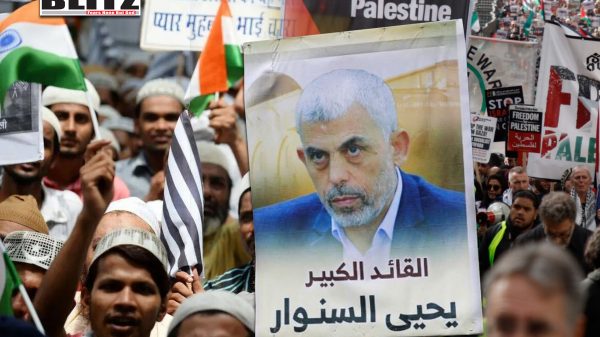



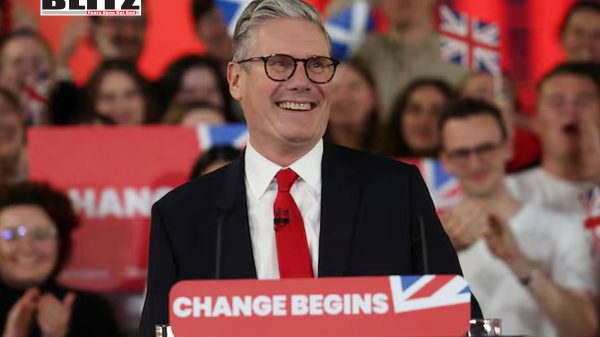
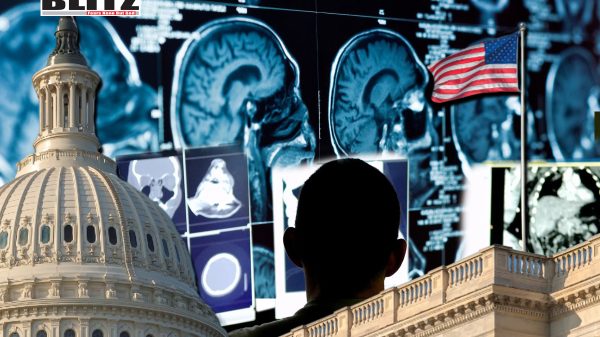



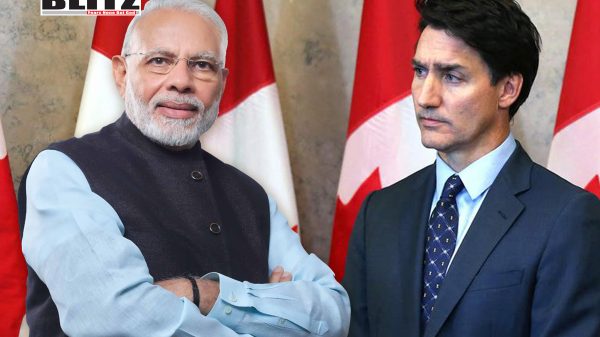

Leave a Reply